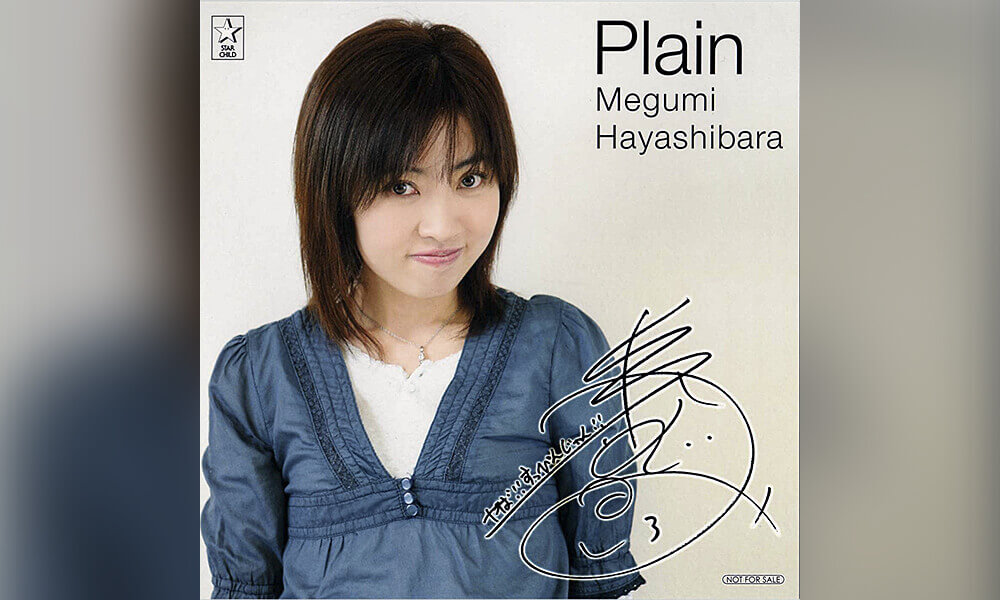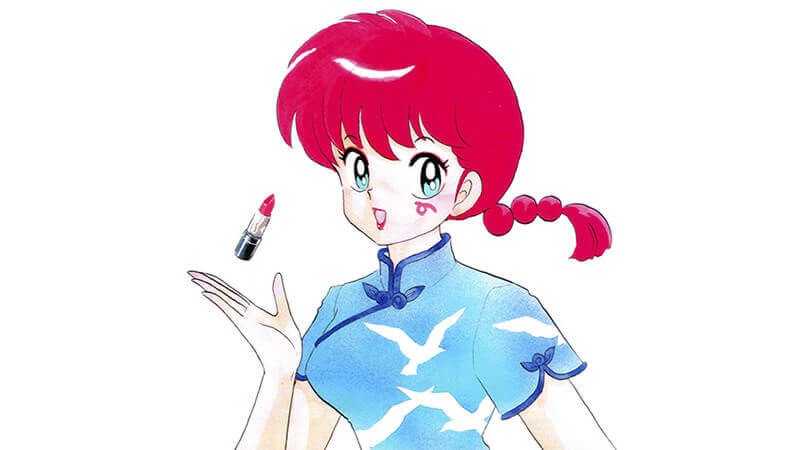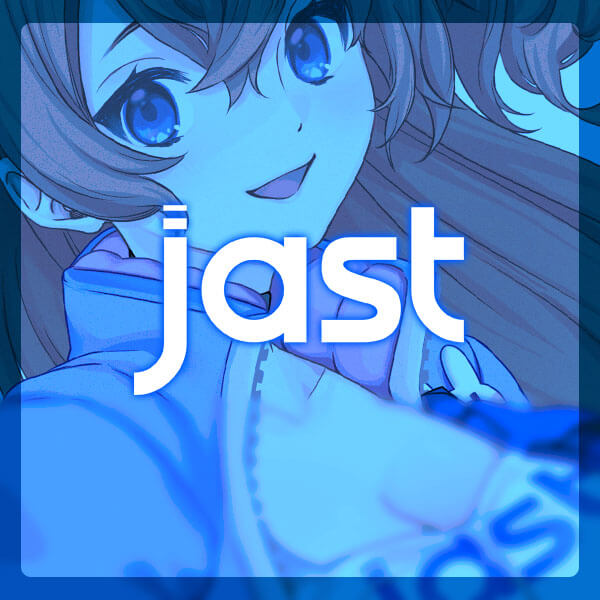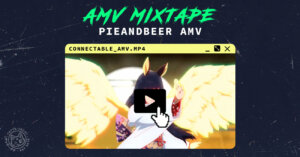If you watched anime in the 90s and early 2000s you may have heard of Megumi Hayashibara. Otherwise, I am quite sure you have heard one or two of her voice acting performances. To me, Megumi Hayashibara is the Queen of 90s Anime because that was the peak of her career as a singer and voice actress. I have selected some of her memorable roles over the decades and several songs that she recorded. While researching about Hayashibara, I learned many positively surprising details. I hope this article is as enjoyable for you to read as it was for me to write.
History

Megumi Hayashibara (林原 めぐみ, Hayashibara Megumi) started her voice acting career on a romantic comedy anime named Maison Ikkoku, where Hayashibara voiced various small roles. It is an animated adaptation of Rumiko Takahashi’s manga of the same name. Her break really came when she voiced Todomatsu in the 1988 reboot of Osomatsu-kun. Since then, she has consistently landed many roles for leading or important characters. So far she has voiced, girl Ranma (Ranma 1/2), Ai (Video Girl Ai), Minky Momo (Magical Princess Minky Momo), Lina Inverse (Slayers series), Faye Valentine (Cowboy Bebop) and Rei Ayanami (Neon Genesis Evangelion), among many others.
As a prolific singer, Megumi Hayashibara has accumulated credits on many albums and singles both on her own and anime-related.
Nowadays, she is less active in her career because she wants to focus on her family.
Voice roles
My impetus for doing this came from Hayashibara’s career. Since she is equally amazing at singing and voice acting, I decided to section this article accordingly. So, let us start with her voice works. There are so many varieties of characters that she has portrayed that it is hard to select just a few.
Rei Ayanami (Neon Genesis Evangelion)
This blue-haired girl has a complex story with a disturbing background. If you had not watched the original Neon Genesis Evangelion, I highly recommend it because of its historical value and impact on the industry. Hayashibara’s acting as Ayanami is one of the classics. She nailed the shy, mysterious, rather monotone, and almost emotionless girl. Perhaps Rei Ayanami was designed to speak in almost a murmur because that is what I got from Hayashibara’s performance. The delivery suits the character very well.
https://www.youtube.com/watch?v=RAZiDPaJM0Q
Paprika (Paprika)
This is a surprise for me because I love Satoshi Kon’s Paprika a lot. Only after researching for this article did I find the main character is voiced by Megumi Hayashibara. In this amazing movie, Hayashibara got to flex her acting skill by voicing two different personalities of one character. Dr. Atsuko Chiba is a dream researcher who has a dreamworld alter-ego named Paprika. While Dr. Chiba is reserved, cautious, serious, rather irritable, and mature, Paprika is flirtatious, very forward, playful, and more lively. To aurally separate both individuals, Hayashibara voiced Paprika with a higher pitch and Dr. Chiba with a lower pitch. I wonder how her voice recording session was. Did she need to switch back and forth for both characters? Or did she record lines for the characters separately?
Musashi/Jessie (Pokémon)
Yet another surprise for me. I, like many others, grew up with the English dub of Pokémon series. As such, I have almost no exposure to the Japanese voices of the anime. Megumi Hayashibara voices Musashi (known as Jessie in the US) of the Team Rocket Trio. There is enough mischief, a dab of evil, and a spoonful of irritability in Hayashibara’s voice. I think both the US and Japanese voices are well-directed and share similar voice personalities.
Girl Ranma (Ranma ½)
One of the earlier roles that Hayashibara worked on. I covered Ranma ½ before, but I did not know Hayashibara voiced the girl Ranma. I would love to put in a video sample of girl Ranma’s voice work, but those that I found contain some fan-service moments. So you have to trust me in describing her performance.

As Ranma is originally a boy, Hayashibara had to adjust girl Ranma’s speech to be boyish. For example, using “darou” instead of “deshou” as a conjecture to express the possibility of something happening. Normally “deshou” is spoken more formally and/or by the ladies while “darou” is used in informal setting and/or by males. Another indicator is by using “ore” instead of “atashi” to refer to oneself. “Ore” is usually used by males in a very informal setting. The word has a rougher connotation and seems to only be used among close friends. Generally, when voicing girl Ranma, her voice is huskier than normal and her delivery is brasher.
Faye Valentine (Cowboy Bebop)
She is only one of the most notorious bounty hunters in the Cowboy Bebop universe. Fans of the series love her strength, trickster nature, attitude, seductiveness, hidden fragility, her character design, and the dynamic she brings to the crew. Megumi Hayashibara performed both the younger and more innocent Faye as well as the current one. By this time, Hayashibara matured and had more experience voicing different characters. She is amazing in portraying the complexities of adult Faye and pretty good at embodying the young and innocent Faye.
Song Selections
Now, for the songs. Selecting a handful of songs from Hayashibara’s discography is not easy. However, I tried to get a balanced serving of the familiar and obscure.
Yume wo Dakishimete (Magical Princess Minky Momo second series)
I covered the Minky Momo series before and mentioned its legacy. The opening song from the second series is a favorite of mine. So, yes, this is another one of the surprises I found. It is undoubtedly the cutest anime song from my childhood memories. I listen to this when I need some pepping up or am in the mood for cute songs.
Give a Reason (Slayers Next)
https://dai.ly/x2mu46g
Slayers Next marked the mid-1990s anime scene as the second season of the Slayers anime series. Megumi Hayashibara voiced Lina Inverse, one of the main characters in Slayers. Voicing Lina is one of her signature performances that span many anime seasons, OVAs, and movies. “Give a Reason” is a trip down the nostalgia lane with a signature 90s anime soundscape. The song has my vote for capturing the feel of the Slayers anime with its upbeat mood and inspiring lyrics.
Treat or Goblins (Magical Shopping Arcade Abenobashi)
This is a rather funky song that accompanies a rather weird anime. As far as I know, Abenobashi spoofed many anime tropes in exaggeration. Studio Gainax, one known for its bombastic anime creations, created Abenobashi. Hayashibara did not seem to voice anyone in the anime, but she contributed this opening song. Even after listening to the song so many times, I feel unsure about liking it. Your mileage may vary.
Fly Me To The Moon (Neon Genesis Evangelion and from the album bertemu)
“Fly Me To The Moon” is one of my favorite jazz songs of all time. Hayashibara sang this as Rei Ayanami from Evangelion. It is a great rendition of the song where Hayashibara maintains what the character could deliver if she had sung it. The vocal has a softer and quieter quality just like Ayanami. A stark contrast from the heart-pumping energetic songs that our songstress is clearly capable of. Versatile, is she not?
There you have it: a very brief sample of what the amazing Megumi Hayashibara can do. Did you grow up watching some of the anime above? Or listen to her songs? Do you have any favorites I missed? Let me know below!

Featured Sponsor - JAST
The sweetest romance and the darkest corruption, the biggest titles and the indie darlings; for visual novels and eroge, there's nowhere better.
Big thank you to our supporters
From their continous support, we are able to pay our team for their time and hard work on the site.
We have a Thank-You page dedicated to those who help us continue the work that we’ve been doing.
See our thank you page




